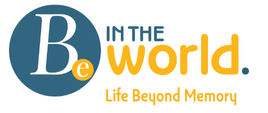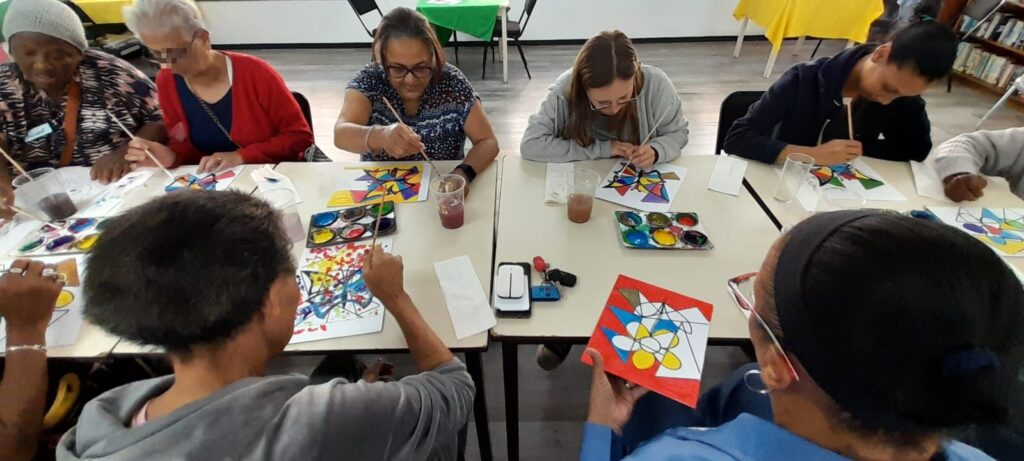
Towards Dementia-Friendly Communities
We want to change how activity providers understand dementia, so misunderstanding and stigma no longer keep people out. When people of all generations and diverse interests come together, barriers break down naturally, making it easier for everyone to participate. When people share their experiences and face challenges together, they become more resilient.
Communities that work for people of all ages create the space for dementia-friendly environments to thrive, where dignity and respect are the norm, where people living with dementia have a real voice in decisions that affect their lives. This shift doesn’t just benefit those living with dementia; it improves life for everyone.
Isolation is one of the toughest challenges for people living with dementia. As we build more age- and dementia-friendly communities, everyone’s quality of life improves. This progress lays the foundation for achieving all of Be in the World’s goals.
Drop-In Centres
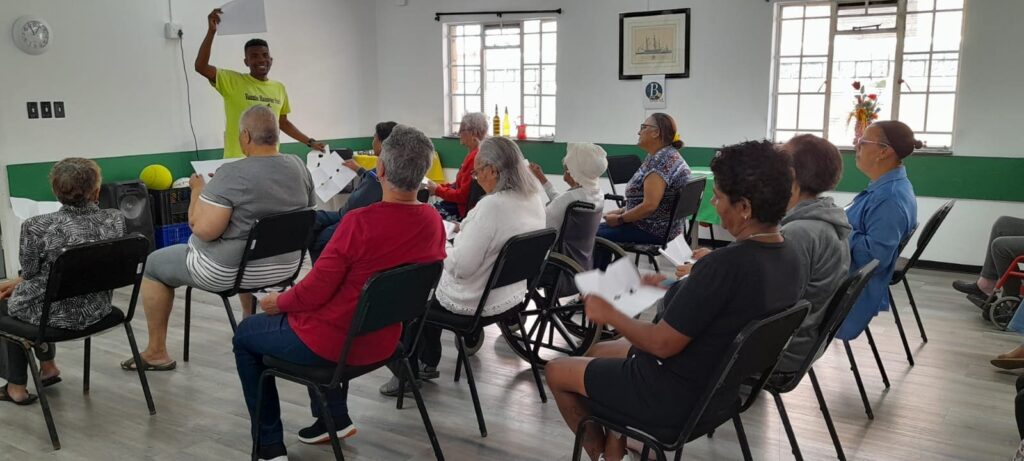
Currently in a pilot phase, the drop-in centres are designed to be lively, welcoming spaces where people living with dementia and their caregivers can connect, learn, move, and create together.
Each drop-in centre will provide a one-stop hub for information, support, and stimulation. From dance and painting to group singing and counselling, activities all take on the shape of the host neighbourhoods—the people involved, the cultures, the energy. While every site reflects local character and interests, all include three core components...
Information & Advocacy on Dementia and the Related Services available
Support For Family Caregivers, with Wellness Coaching, Counselling & Training
Creative & Social Activities For People
Living With Dementia and their caregivers
Dementia-friendly experiences and events are co-created with local partners, making them flexible, culturally relevant, and deeply rooted in the neighbourhoods they serve. Activities like visual arts, music, and dance are led by trained facilitators with care workers joining in along with the family caregivers. These sessions aren’t just fun—they build confidence, encourage movement, and strengthen social bonds.
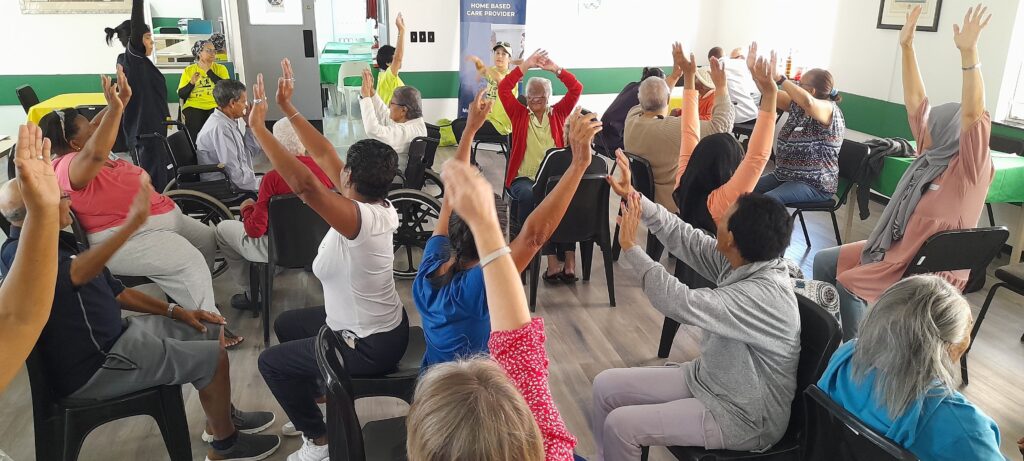
Visual Arts
offer a powerful outlet for non-verbal expression and help ease anxiety. Group sessions provide a sense of belonging through shared creativity
Music
taps into memory and emotion, lifting mood and boosting engagement. Singing together can create joy and connection
Movement
pushes oxygen around the body, boosts feel-good hormones, increases fitness, supports cognitive function and improves general health and wellbeing
Caregivers are encouraged to take part too—learning hands-on how to bring these benefits into their own homes. Mentorship by facilitators means the ripple effects extend far beyond the sessions. By equipping family caregivers with new understanding, the benefits can be extended into the home.
Training Gaps

Whether it’s a caregiver at home, a dance teacher at a local studio, a community fitness group, or a personal trainer working with older adults—too few of us have the tools we need to support someone living with dementia.
Standard training often ignores dementia altogether, or treats it as purely medical—leaving out the creative and social potential of people affected.
We will help address this gap with inclusive, practical modules that
Bring dementia awareness into mainstream fitness and arts training
Reduce fear and stigma by building
real-world
confidence
Empower family caregivers with adaptable tools for everyday life
For example, fitness training academies sometimes include a focus on older adults or special needs in their curriculum, but rarely mention dementia. Our proposed Exercise with Dementia module could be integrated into standard fitness qualifications or offered as a stand-alone elective course. This could be further adapted into a series of short sessions for caregivers.
By equipping a wider range of community professionals with these skills, more spaces in community life will be opened up to people living with dementia. And by equipping family caregivers with new understanding, this type of training can help extend that benefit into the home.
Advocacy
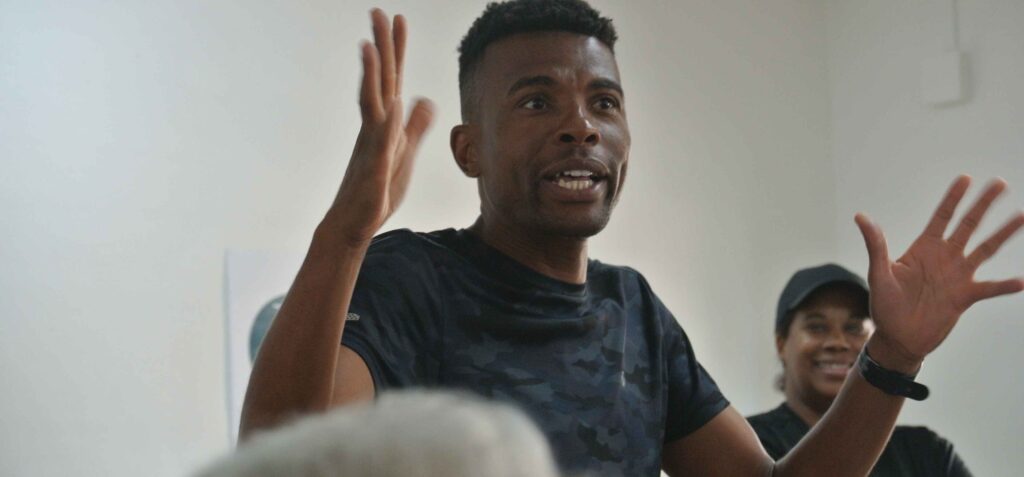
At The Heart Of Our Advocacy Is A Simple Idea...
Dementia is part of the human story.
Support for dementia care in the home has to be embodied in policy frameworks at every level. Resources for individual families to better manage their situation, and for communities to provide facilities and services that ease the dementia journey of all those affected are essential. Dementia must be granted the same priority as any other debilitating and degenerative health condition.
At a community level, a greater awareness of dementia will help challenge common myths and misconceptions, and will ease the pathway to ensuring the human rights and dignity of those affected are upheld. This will be achieved when...
People living with dementia and their caregivers are active in public life
Age and cognitive difference are respected, not marginalised
Cities and towns become more liveable for people of all ages and abilities
While South African cities have yet to join the WHO Global Network for Age-Friendly Communities, there's a clear opportunity to lead the region by example.
We advocate for Cape Town and others to adopt global best practices in inclusion and accessibility.
Through storytelling, training, community events, and our advocacy work in collaboration with other activist groups, we are promoting a shift in how dementia is understood—away from stigma and toward shared humanity.
Less fear = more understanding!
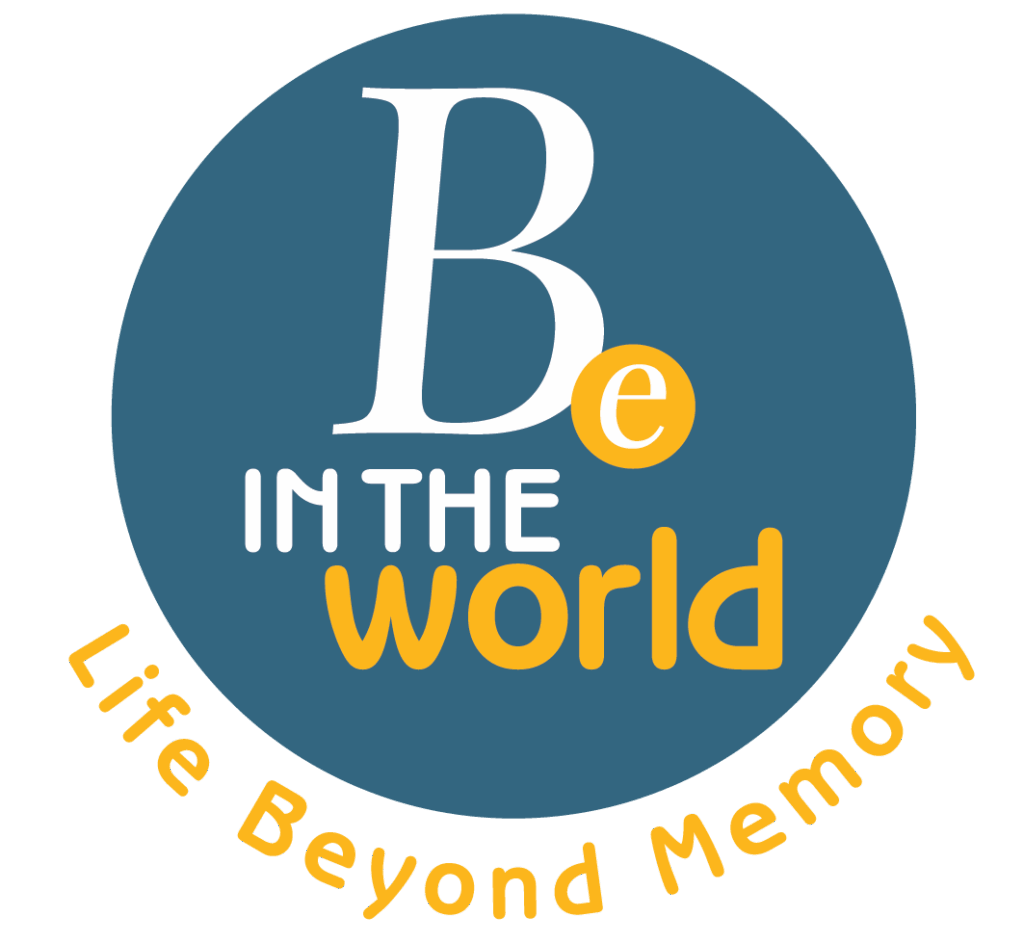
Founded in 2024,
Be In The World is based in Cape Town, South Africa
NPO
Registration:
319-786 NPO
Contact Us
admin@beintheworld.org
+27 711 780 156
